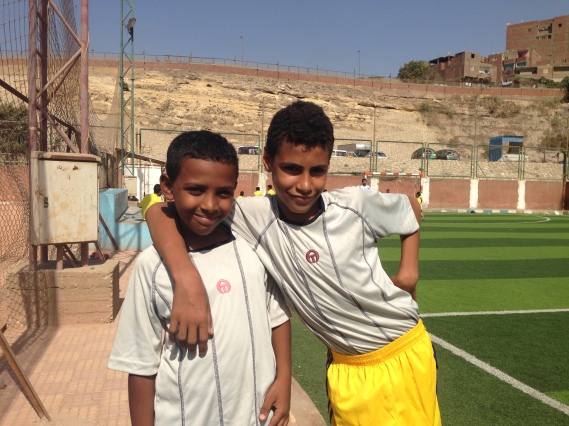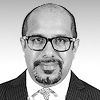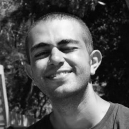Ovais Naqvi and Farouk Shafie
“Sport has the power to change the world. It has the power to unite in a way that little else does. It speaks to youth in a language they understand. Sport can create hope where once there was only despair. It is more powerful than governments in breaking down racial barriers. It laughs in the face of all types of discrimination.”
Nelson Mandela

One of the great strengths of sport is its inclusiveness, the way it creates a sense of belonging. No sport embodies that globally in a more consistent way than football. The most popular sport in the world by a margin, it’s simplicity and low “cost of entry” allows it to be played with exactly the same rules, whether it’s in a park, on the street, in a local football field, or in a Champion’s League game watched by millions. Due to its global appeal, football is also one of the most powerful communication platforms in the world, transcending national boundaries and languages with its ability to connect, empower and uplift its followers.
There have been several incidents throughout the years that display the power football has in bringing people together. One such example occurred in 1969, when during a bloody civil war in Nigeria that diplomats had failed to end for two years, global superstar Pelé visited the country, and with his arrival came a three-day ceasefire. Warring factions actually stopped fighting so they can watch local teams play against the legendary Brazilian star’s team, Santos!
It begs the question that if football and sports in general have such potential to be a positive force towards community development, why is it seldom harnessed powerfully enough? Despite the fact that most governments play an active role in supporting football and national sports, this is mostly done at the professional level.
We believe in the power of football as a tool in local development is largely neglected. This is despite sport being a low-cost, high-impact way of supporting and advancing development objectives.
Football can be integrated with other on-going development initiatives so that both can reinforce and support each other in a more holistic approach, rather than operating in silos.

Ahead of the Curve experienced at first-hand the influence that sport can have when integrated in a framework of development objectives, as we implemented The Abraaj Group’s youth football program “Shake the Net.” This program integrates football training with educational classes and art classes, making positive impacts in several areas of the children’s lives.
Shake the Net started with 40 male participants, and expanded to include 40 female participants in the 4 months after implementation began. The promise of professional and organized sports training attracted children to other aspects such as attending two educational classes and one theater class every week.
Watching the program unfold has been an eye-opening experience. One could have assumed that it would be hard to attract children from a neglected area like Istabl Antar to a systematic program. This is definitely not the case; young people from marginalized communities are simply not given the opportunities to express their commitment and ambitions.
From the first weeks of classes, we could see how committed, enthusiastic and happy the children were to learn in a caring environment. The children are sensitive and when they sense that people are actually concerned about them, and are serious in their desire to teach and train them, they give back. It’s been most heartening to watch the children develop. You quickly start to notice sparks of talent, whether with a kid in training whose skills are impressive, or whether it’s a participant who went from being completely illiterate to being able to read and write simple words and phrases within a few weeks.
The impact of the program also goes beyond developing individual children; there is a sense that a community is being shaped, as the NGO created close ties with the parents of the program’s participants, frequently consulting with them to discuss their concerns and the impact of the program.
By creating ties with the community, it became possible for a variety of interventions to be made, such as organizing medical check-ups for the children, and creating awareness around the principles of hygiene.

Ovais Naqvi
Ovais works in the Abraaj Performance Acceleration Group, where he is responsible for enhancing the sales, marketing and pricing optimization capabilities of partner companies. Additionally, he leads the “Arena” program to identify synergies and network potentials across the Group’s investee platform. He serves on the Board of Wamda, The Abraaj Group’s content, collaboration and funding platform for early stage businesses.

Farouk Shafie
Farouk is passionate about community-based education. He joined ATC since its establishment, where he worked with Tawasol and The Abraaj Group on establishing Shake the Net. Prior to joining Ahead of the Curve, he worked with the Center for the Child Worker and His Local Community on a Freire inspired community education program. Farouk is currently an English Instructor in Thailand.